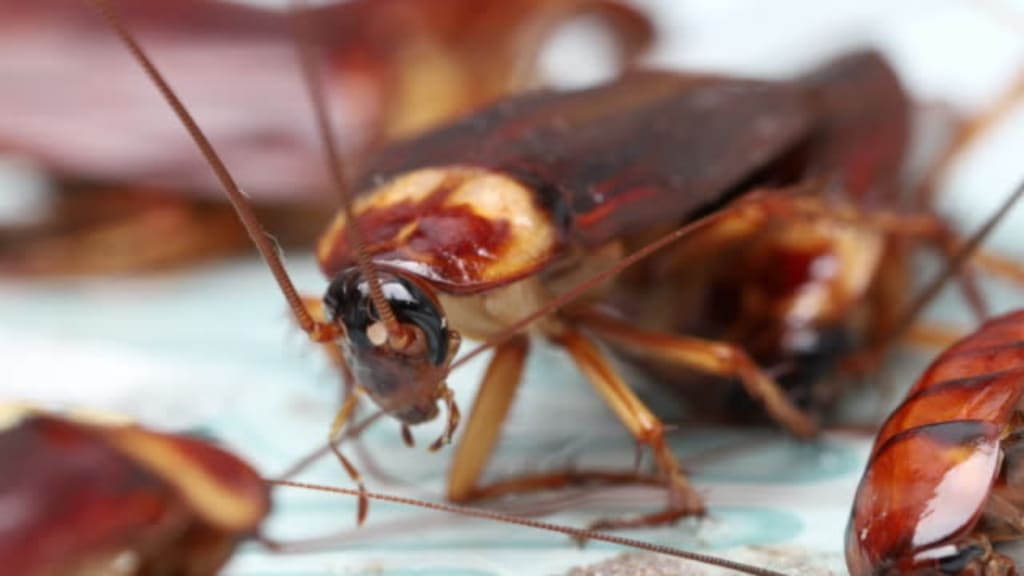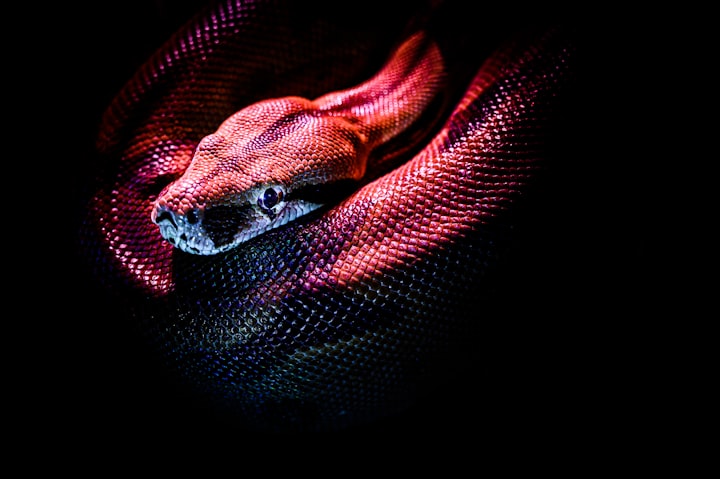Why are cockroaches so hard to kill?
Resilience of cockroaches

The Egyptian Book of the Dead contains a spell of banishment which declares, "Be far from me, O vile cockroach." Despite the passage of over 3,000 years, we continue to attempt to eradicate these insects.
However, despite our use of poison traps and hastily brandished slippers, cockroaches appear to withstand nearly every method we employ. What makes them so difficult to eliminate? There are nearly 5,000 species of cockroach, with 99% of them inhabiting a range of environments where they play important ecological roles by recycling dead or decaying organic matter and nourishing other animals. However, a few dozen species have adapted to live in close proximity to humans, with German and American cockroaches being among the most common. Their resilience is due to a combination of physical and chemical adaptations. When confronted with traditional removal methods, they are troublingly tenacious.
An American cockroach's sensory hairs or structures detect subtle air currents and rapidly send signals to its central nervous system, allowing it to turn and sprint away within milliseconds. It is among the fastest invertebrates ever recorded, reaching speeds of up to 50 body lengths per second, which is equivalent to a human running more than 300 kilometers per hour. Finding a hiding place is also not a problem, as an American cockroach can squeeze into spaces less than a quarter of its height due to its flattened, flexible body. Even if we manage to strike them, they can withstand compressive forces of up to 900 times their own weight by distributing the impact along their bodies. Cockroaches can eat a variety of organic matter, including hair, dead skin, adhesives, and paper, thanks to an expansive set of digestive enzymes.
They are able to thrive even in nutrient-poor environments by consuming decaying foods that are low in nitrogen, an essential component of DNA and proteins. They store nitrogen-containing wastes in their bodies and have a resident group of bacteria that recycle the nitrogen into useful molecules for them. German cockroaches will eat their own feces, vomit, and dead or dying colony members without hesitation, while an American cockroach will consume excrement and carry microbes like Staphylococcus aureus and E.coli without suffering any consequences due to their genes that provide immunity against numerous pathogens.
These genes are often duplicated many times over, so when infected, the cockroach's immune system efficiently unleashes many antimicrobial molecules. Cockroaches also have a variety of defenses against pesticides. When a non-resistant roach walks on a surface that has been sprayed with a pyrethroid insecticide, for example, the results will likely be fatal. Once absorbed, the chemical binds to sodium channel proteins, which help propagate nerve impulses. The pyrethroid keeps the sodium channels open, causing the nerves to fire repeatedly, and the cockroach dies soon after.
However, if a resistant roach is exposed to pyrethroids, it will be unharmed due to genetic mutations that have given them sodium channels that the pyrethroids cannot bind to. The cockroach also produces more detoxification enzymes, which render the pesticide harmless, and the cockroach simply excretes it as waste. Because German cockroaches reproduce especially quickly, populations may evolve resistance to a new pesticide within months. Despite popular belief, cockroaches would likely not survive a nuclear apocalypse. Compared with other insects, cockroaches are only mildly tolerant to radiation. They would die near the sites of nuclear explosions and would still be severely compromised miles away.
Furthermore, disasters that threaten humanity also jeopardize the habitats and food sources we provide for cockroaches. Perhaps the only way to defeat them is through our mutual destruction. Alternatively, cockroaches may find even more surprising ways to thrive long after we are gone.






Comments
There are no comments for this story
Be the first to respond and start the conversation.